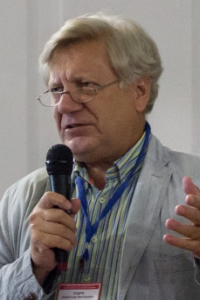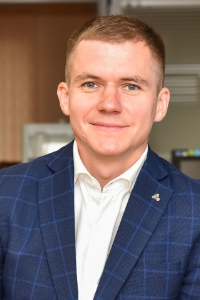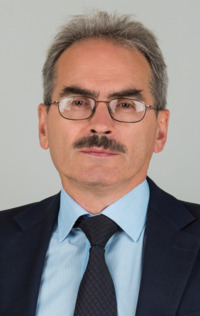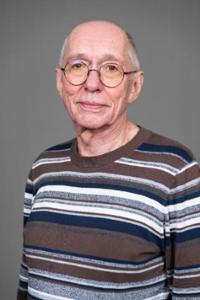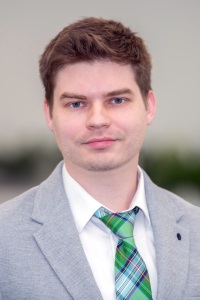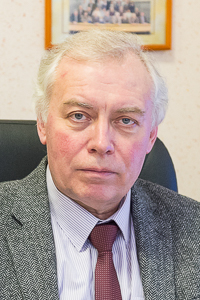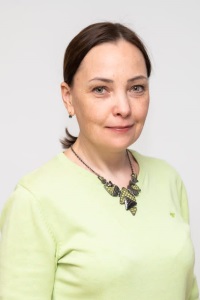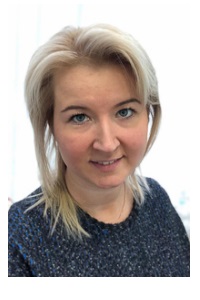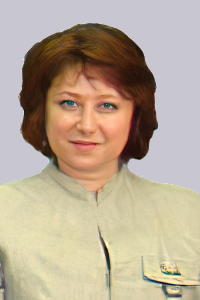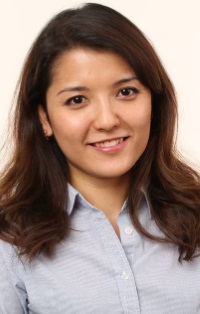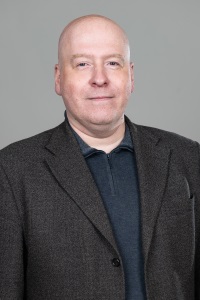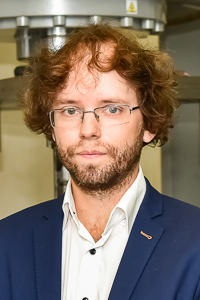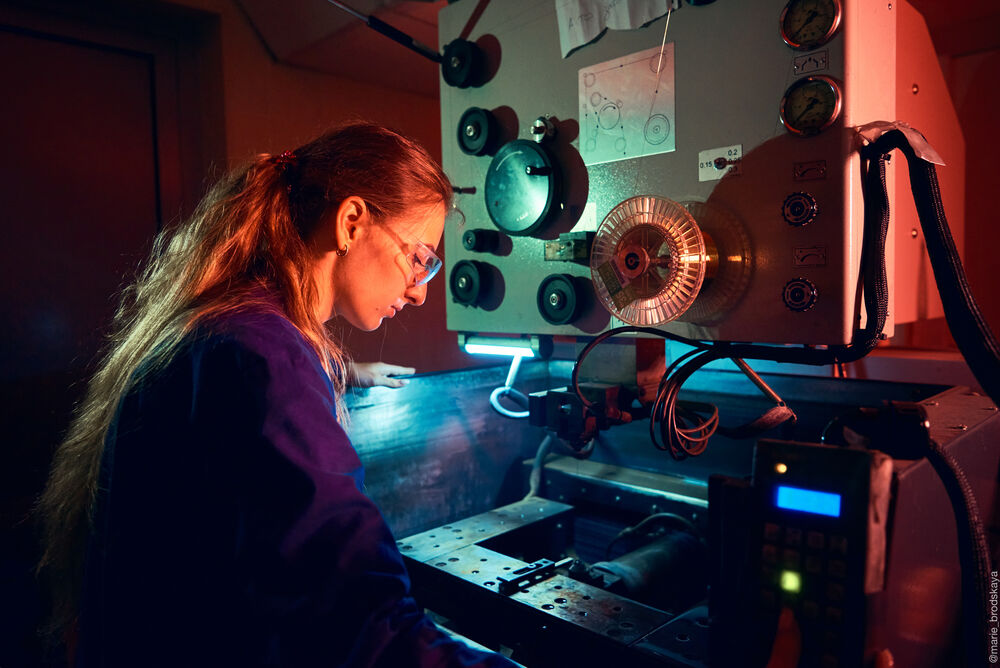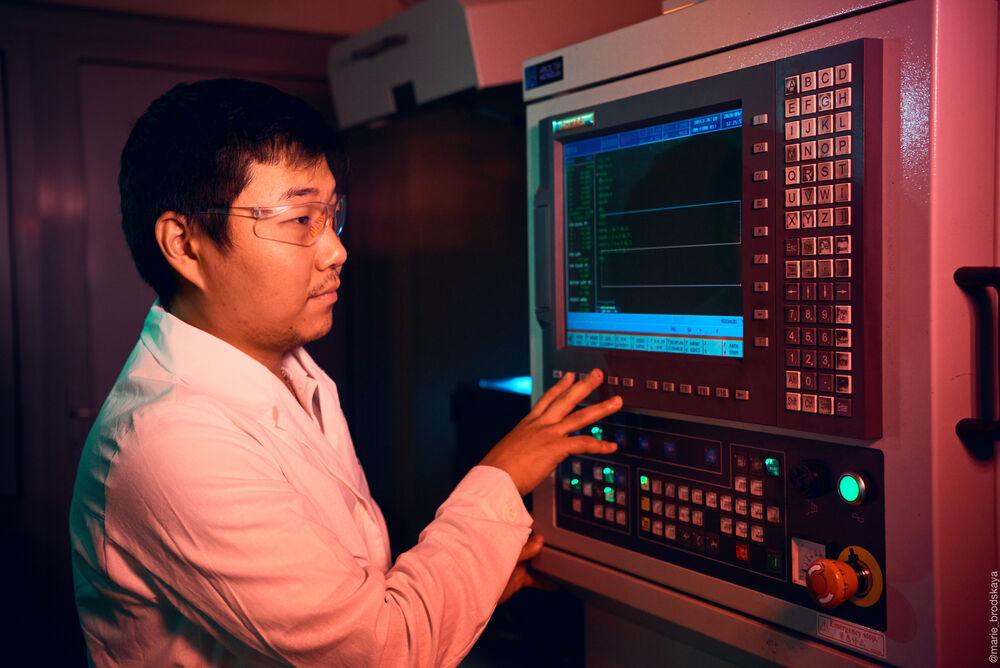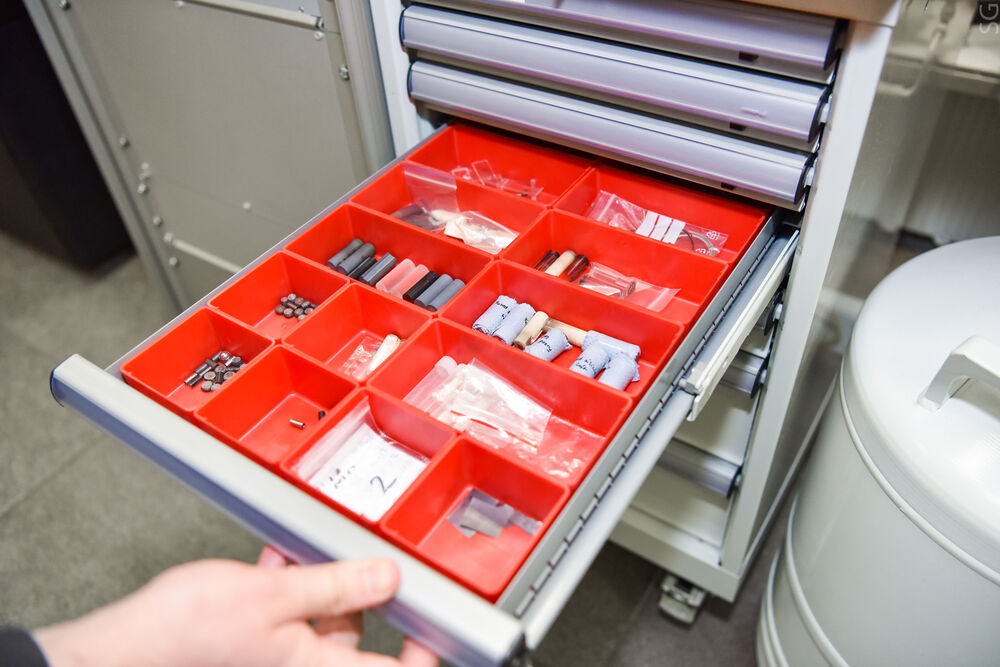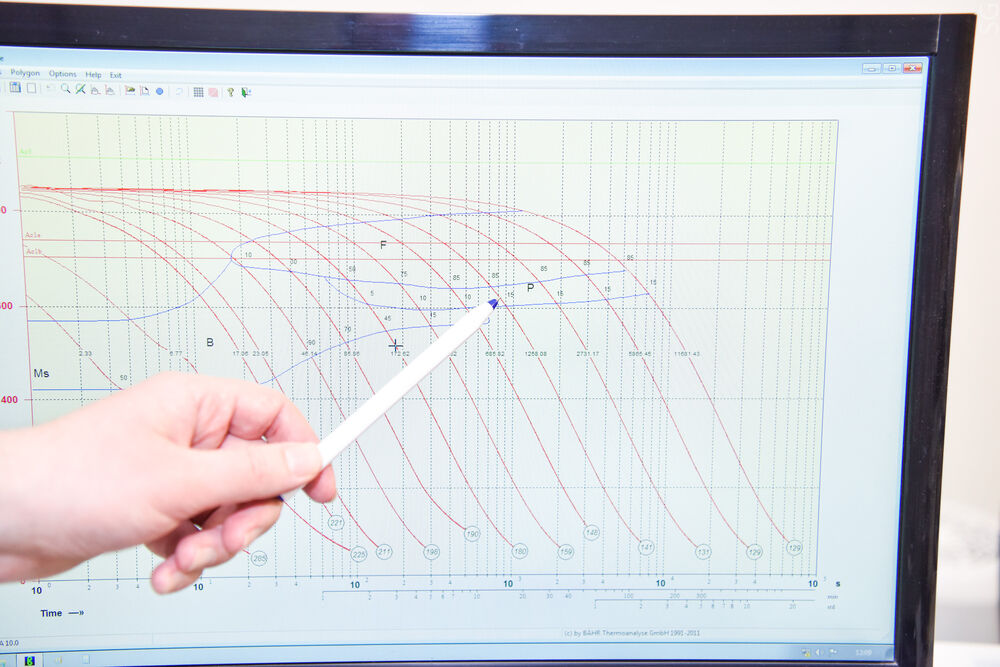Applied Analytics in Metal Science
Nowadays and for the long term, steels and alloys remain the main materials supporting all sectors of the economy and industry. The Master’s program in Applied Analytics in Metal Science combines state-of-the-art knowledge from materials science, digital technologies and big data as the foundations of technological breakthroughs, and meets international standards and requirements of Industry 4.0. Students learn the best practices and the latest advances in materials science, metallurgy and strength physics. They learn to design new materials, independently conduct complex research using world-class equipment, acquire Python programming skills to process large amounts of information, and solve specific fundamental and innovative problems of modern industry.
